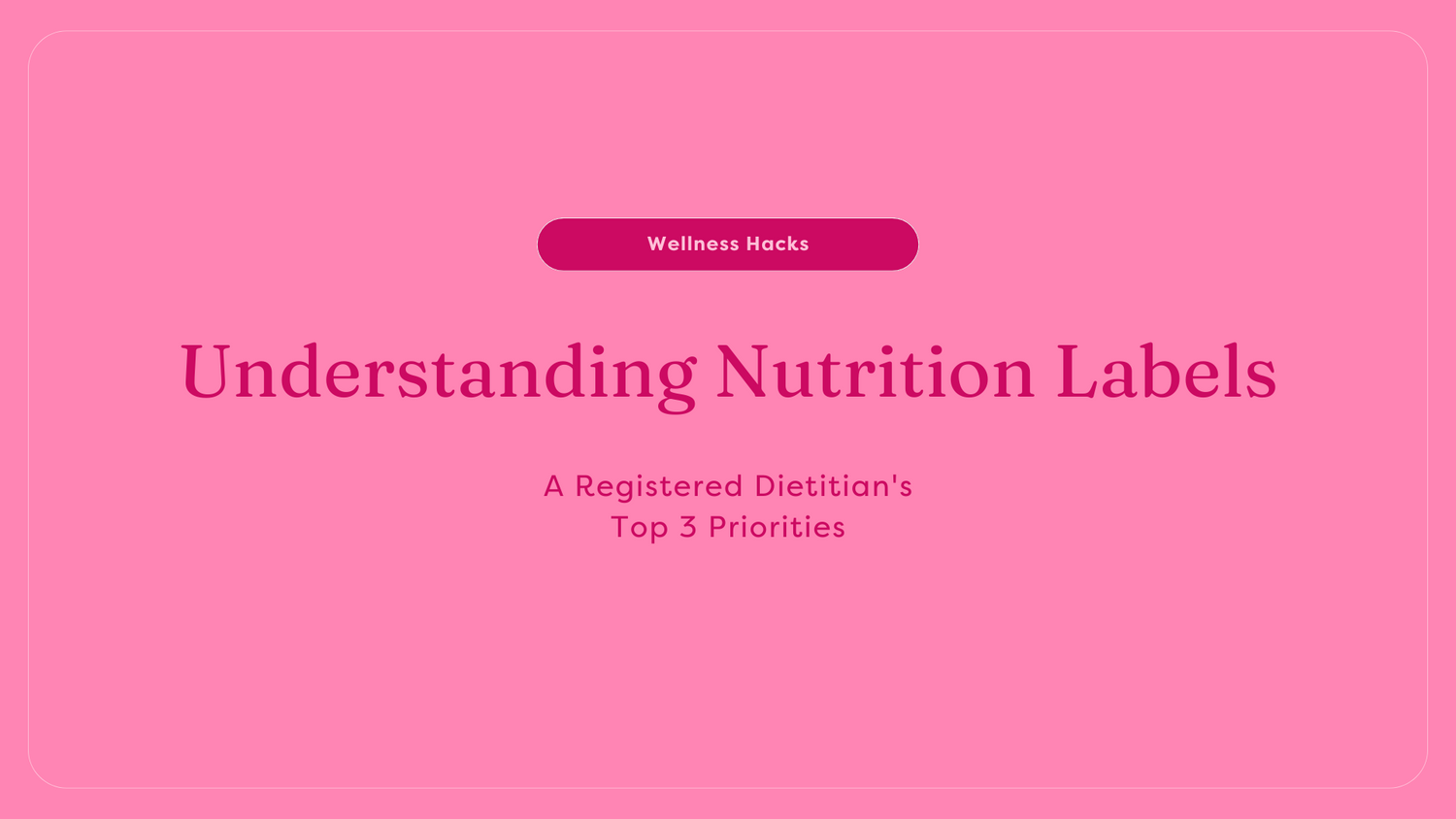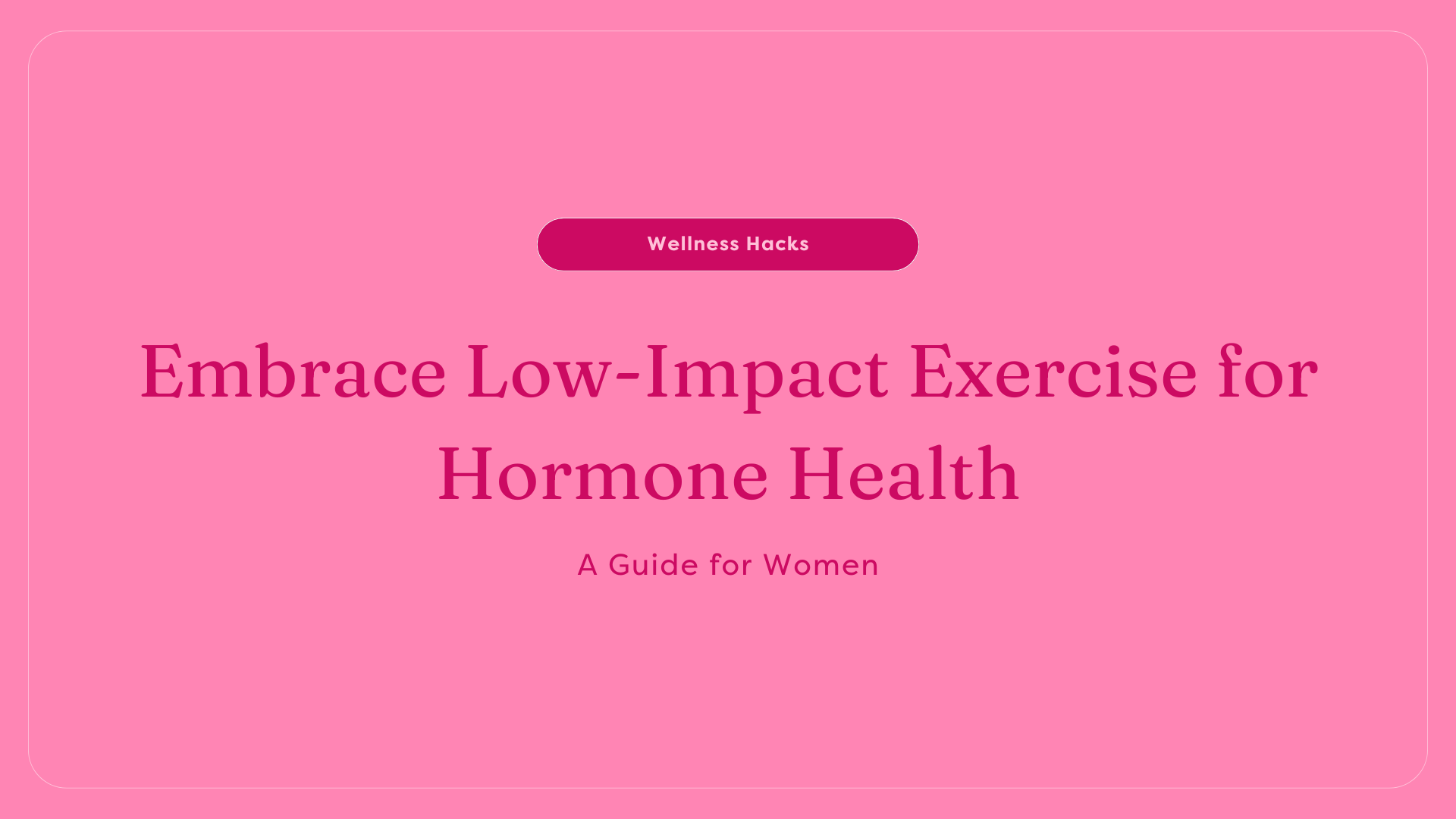Nutrition labels are a powerful tool for making informed food choices, but understanding them can be daunting. As Registered Dietitians, we prioritize certain key aspects when evaluating nutrition labels to ensure our clients are making choices aligned with their health goals. In this blog post, we'll explore the top three things we look for on nutrition labels and why we prioritize them over calorie counting.
Protein Content:
Protein is essential for muscle repair, satiety, and overall health. We prioritize products that provide sufficient protein per serving to support our clients' nutritional needs. Look for foods with at least 5-10 grams of protein per serving, depending on individual goals and dietary preferences. Focus on high-quality protein sources such as lean meats, poultry, fish, tofu, legumes, and dairy products.
Fiber Content:
Fiber is crucial for digestive health, blood sugar regulation, and weight management. We emphasize choosing foods that are high in fiber to promote feelings of fullness and support digestive regularity. Look for products with a high fiber content, ideally at least 3-5 grams per serving. Incorporate whole grains, fruits, vegetables, legumes, nuts, and seeds into your diet to increase your fiber intake and reap the health benefits.
Low Added Sugars:
Added sugars contribute to excess calorie intake without providing any nutritional value. We prioritize products that are low in added sugars to help our clients reduce their risk of chronic diseases such as obesity, diabetes, and heart disease. Pay attention to the amount of added sugars listed on the nutrition label and aim to choose options with minimal added sugars, ideally less than 5 grams per serving. Be mindful of hidden sources of added sugars in processed foods and beverages.
Why the ingredients list is more important than the calorie count:
We don't prioritize the calorie count when evaluating nutrition labels. Instead, we focus on the ingredients list to show the quality of the calories and the overall nutritional value of the food. Choosing nutrient-dense foods, with simple ingredients lists, that are rich in protein, fiber, vitamins, and minerals is more important for supporting long-term health and well-being than simply focusing on calorie counts.
When it comes to evaluating nutrition labels, Registered Dietitians prioritize protein content, fiber content, and low added sugars over calorie counting. By focusing on these key aspects, you can make informed food choices that support your health goals and nourish your body with the nutrients it needs to thrive. Remember to prioritize quality over quantity and prioritize nutrient-dense foods for optimal health and well-being.







Leave a comment
This site is protected by hCaptcha and the hCaptcha Privacy Policy and Terms of Service apply.